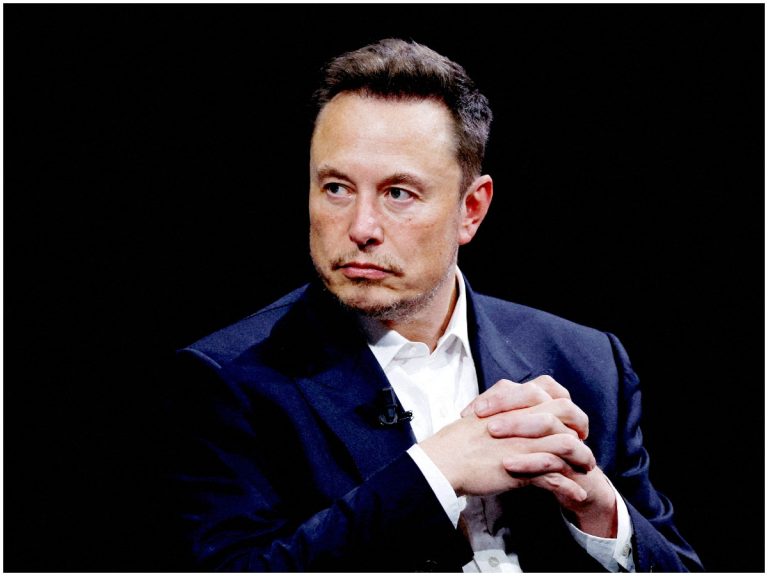Japan slips into recession, becomes fourth-largest economy behind US, China and now Germany

Japan’s economy is now the world’s fourth-largest after it contracted in the last quarter of 2023 and fell behind Germany.
The government reported the economy shrank at an annual rate of 0.4% in October to December, according to Cabinet Office data on real GDP, though it grew 1.9% for all of 2023. It contracted 2.9% in July-September.
Two straight quarters of contraction are considered an indicator an economy is in a technical recession.
Japan’s economy was the second largest until 2010, when it was overtaken by China’s. Japan’s nominal GDP totalled USD 4.2 trillion last year, while Germany’s was USD 4.4 trillion, or USD 4.5 trillion, depending on the currency conversion.
A weaker Japanese yen was a key factor in the drop to fourth place, since comparisons of nominal GDP are in dollar terms. But Japan’s relative weakness also reflects a decline in its population and lagging productivity and competitiveness, economists say.
Real gross domestic product is a measure of the value of a nation’s products and services. The annual rate measures what would have happened if the quarterly rate lasted a year.
Japan was historically touted as “an economic miracle,” rising from the ashes of World War II to become the second largest economy after the U.S.. It kept that going through the 1970s and 1980s. But for most of the past 30 years the economy has grown only moderately at times, mainly remaining in the doldrums after the collapse of its financial bubble began in 1990.
Both the Japanese and German economies are powered by strong small and medium-size businesses with solid productivity.
Like Japan in the 1960s-1980s, for most of this century, Germany roared ahead, dominating global markets for high-end products like luxury cars and industrial machinery, selling so much to the rest of the world that half its economy ran on exports.





